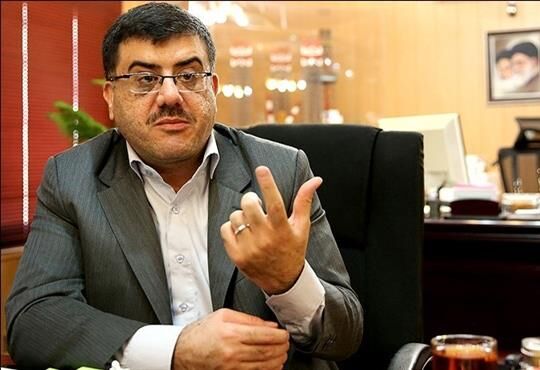The initiative equips the supply chain with metering and monitoring systems, enabling precise and live data transfer to a central monitoring hub, Mohammad Meshkinfam said adding that this data will be used to identify issues, predict demands, and enhance resource management.
Meshkinfam also stated that this project is one of the country’s largest supervisory and management initiatives in petroleum supply and distribution.
The National Iranian Oil Engineering and Construction Company, as the executive arm of the National Iranian Refining and Distribution Company, is responsible for the design, engineering, equipment supply, and implementation of multiple aspects of the project.
Emphasizing the use of domestic capabilities and local expertise in executing the project, Meshkinfam highlighted its goals, including combating fuel smuggling, improving transparency and data management, reducing costs, and enhancing efficiency.
The CEO explained that the project provides a thorough assessment of the supply chain, from refineries to consumers, identifying weak points prone to smuggling.
“The integration of metering and monitoring systems ensures live data transfer at every stage to the monitoring center, which not only aids in identifying problems but also forecasts needs and improves resource management,” he stated.
Meshkinfam added that AI-based data analysis will optimize decision-making and reduce the risk of product shortages at critical points.
Overcoming challenges in a national-level project
Acknowledging potential challenges, Meshkinfam noted that coordinating stakeholders and securing equipment under sanctions are significant hurdles.
However, reliance on domestic expertise and support for local producers in providing precise instruments, valves, and monitoring systems have helped overcome many obstacles.
Milestone for real-time monitoring technology in oil industry
Meshkinfam described the project as a cornerstone for advancing management systems in Iran’s oil industry and economy.
He stressed that, beyond reducing fuel smuggling and preserving national resources, the project will enhance efficiency in supply and distribution networks while fostering the growth of domestic companies and creating sustainable job opportunities.
He added that to meet the goals of the Seventh Development Plan (2024-28), priorities were defined, and advanced management systems were utilized to minimize project timelines. Employing skilled personnel and leveraging cutting-edge technologies, such as artificial intelligence and data analysis, has expedited progress.
A blueprint for energy sector
Meshkinfam described the project as a starting point for the broader development of real-time monitoring technologies in the oil sector.
A successful implementation could serve as a comprehensive model for other energy sectors, paving the way for an intelligent, integrated network that maximizes resource efficiency.
Meshkinfam expressed pride in his company’s role in this critical project, highlighting its profound economic, social, and environmental impacts. He underscored its significance for shaping the future of Iran’s oil industry.


Your Comment